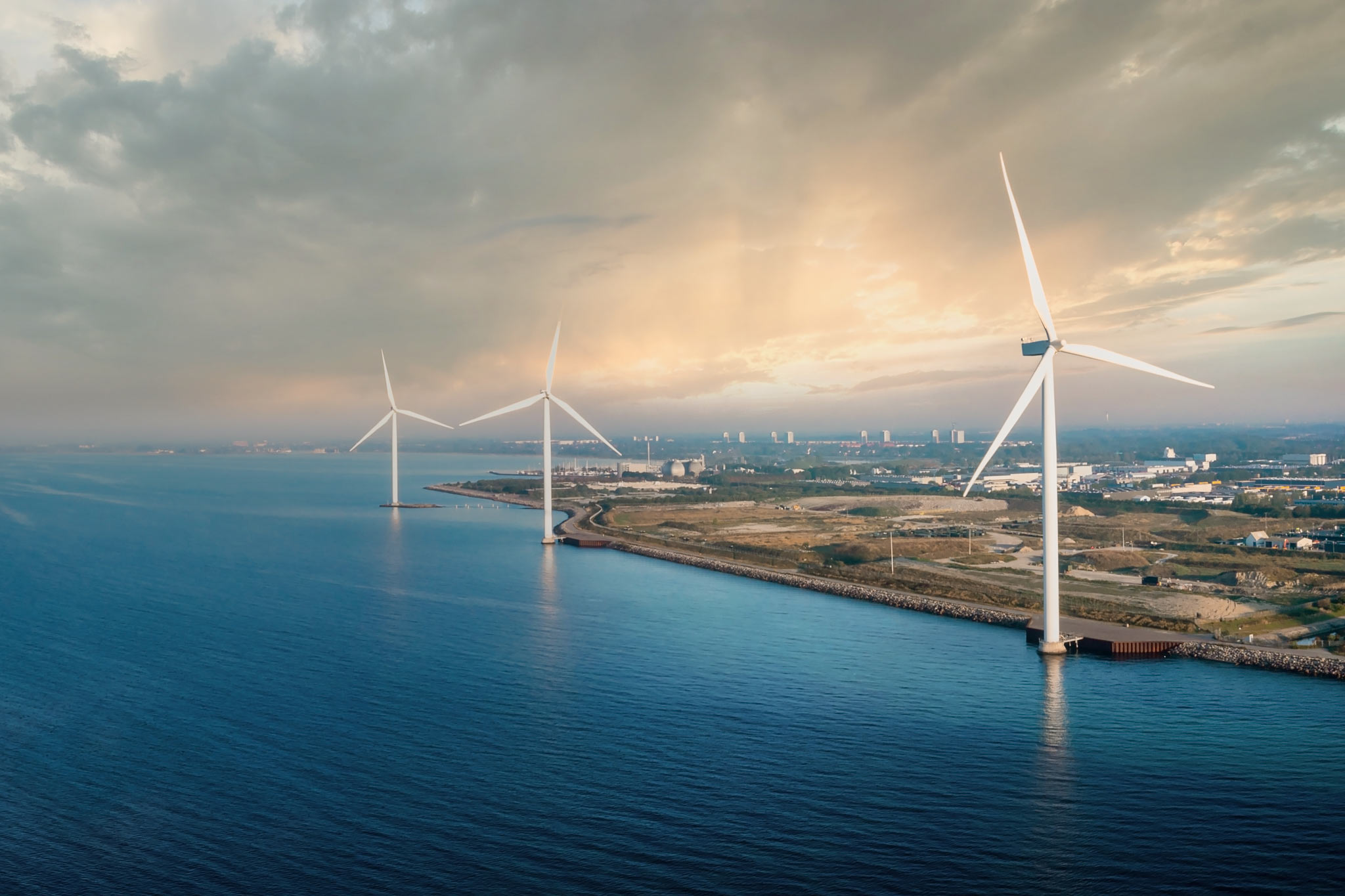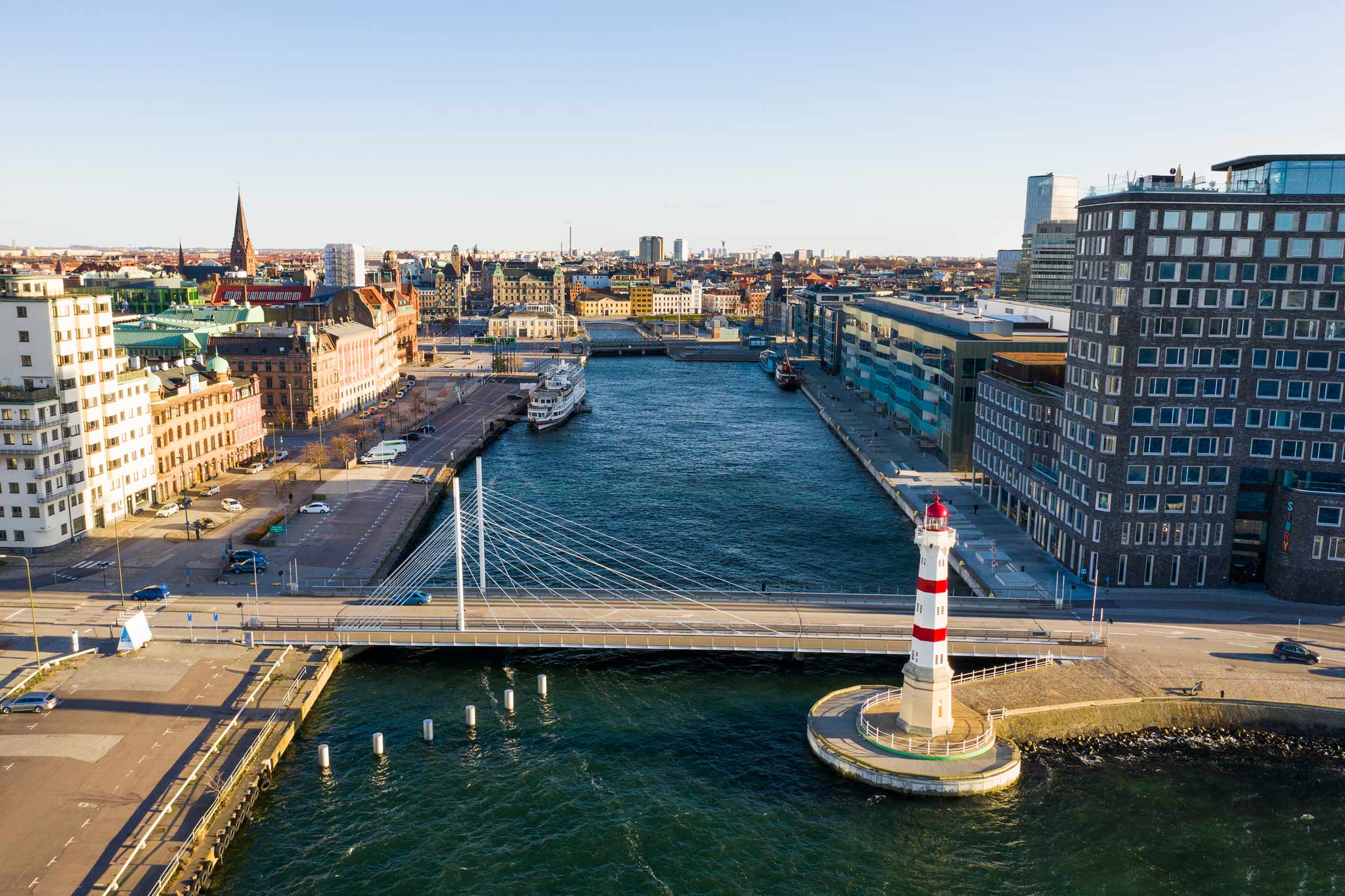- The Fostering Effective Energy Transition 2021 report highlights global progress in tackling greenhouse gas emissions from energy generation.
- More than 70 per cent of tracked countries have made progress on energy access and security.
- But just 13 out of 115 countries have made consistent improvements over the past 10 years.
- Fossil fuels accounted for 81 per cent of all power in 2018.
- More than 770 million people still lack access to electricity.
Sweden, Norway and Denmark tops the World Economic Forum’s latest Energy Transition Index (ETI). Marking the 10th anniversary of the index, the Fostering Effective Energy Transition 2021 report highlights the progress being made around the world to tackle greenhouse gas emissions from energy generation – at a time when more than 770 million people still lack reliable access to electricity.
The ETI ranks 115 countries on their energy performance, including the resilience and efficiency of generation and transmission, and progress to cleaner forms of energy.
The top 10 countries (country, ETI score)
- Sweden, 79
- Norway, 77
- Denmark, 76
- Switzerland, 76
- Austria, 75
- Finland, 73
- United Kingdom, 72
- New Zealand, 71
- France, 71
- Iceland, 71
Sweden leads the global rankings, followed by Norway and Denmark. The top 10 countries account for around 2 per cent of the global population and approximately 3 per cent of energy-related CO₂ emissions.
While the top 10 is made up exclusively of developed countries, the UK and France are the only major global economies to feature. The highest-placed non-advanced economy is Latvia (12), which is classed as “Emerging and Developing Europe.”
Fossil fuels are still the dominant source of global energy, accounting for 81 per cent of all power in 2018. Reducing the reliance on coal, oil and gas is a necessary part of achieving vital climate objectives such as the UN’s Sustainable Development Goals and the Paris Agreement.
Over the past 10 years of the ETI, more than 70 per cent of tracked countries have made progress on energy access and security, but only 13 of the 115 have made consistent gains, the report says, noting that more needs to be done to improve the robustness of supplies to newly electrified areas.
The report outlines three key focus areas to increase the resilience of the energy transition. These are:
1. Deliver a just transition for all
The shift to lower-carbon forms of energy must not undermine economic and financial security. Policymakers need to put in place measures that will support their economies, including re-evaluating energy policy and investment decisions.
2. Accelerate electrification and go beyond
Decarbonizing energy systems can only be achieved through increased funding for research and development, along with better cross-sector collaboration. These will be the most effective routes to the scaling up of renewable energy sources.
3. Double down on public and private sector collaboration
Annual investment in clean energy and energy efficiency needs to increase by a factor of six by 2050, according to the UN Intergovernmental Panel on Climate Change (IPCC). More collaboration between the public and private sectors is needed. That should include risk-sharing to attract long-term investments.



